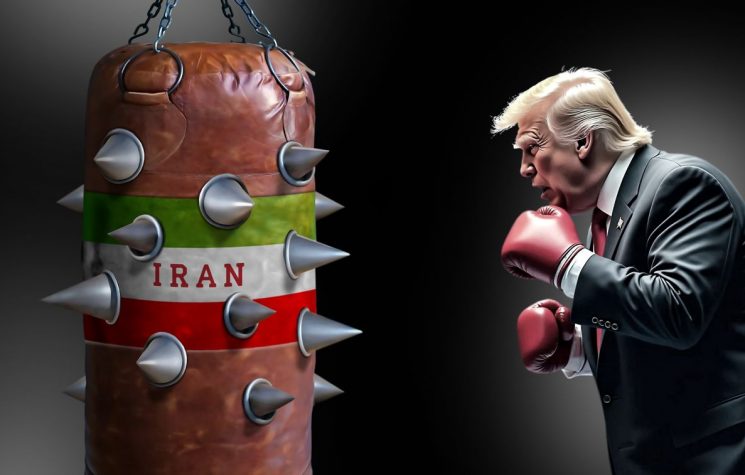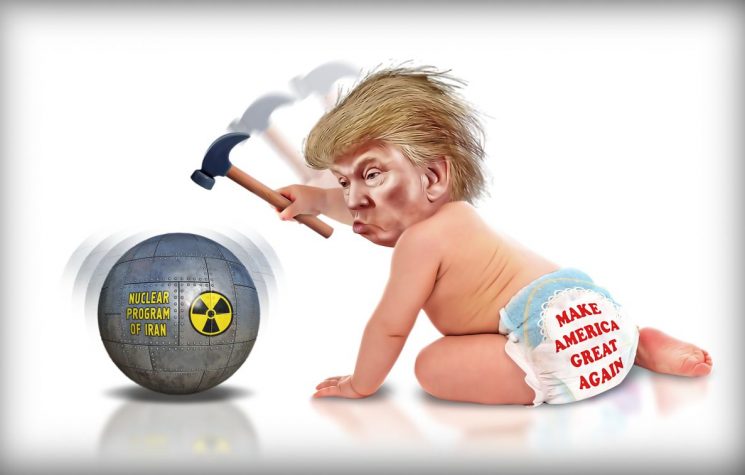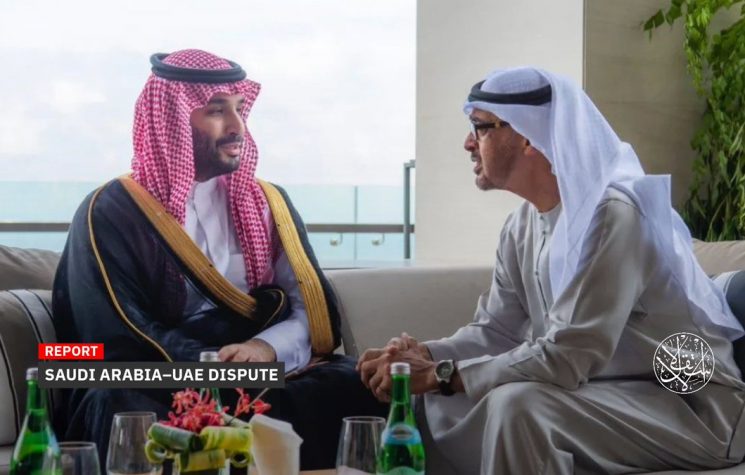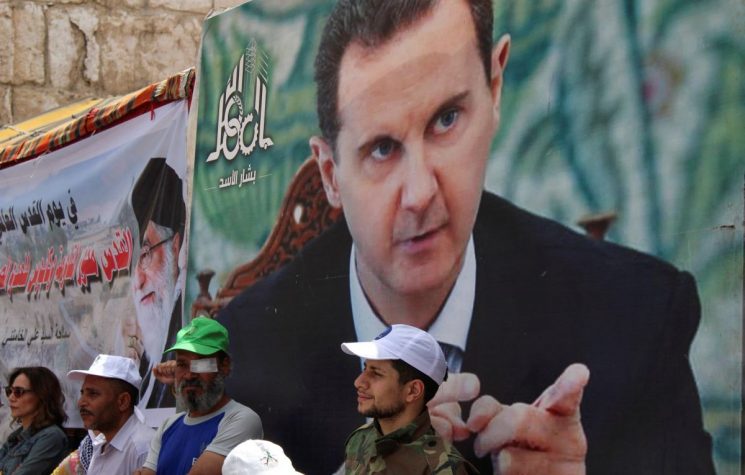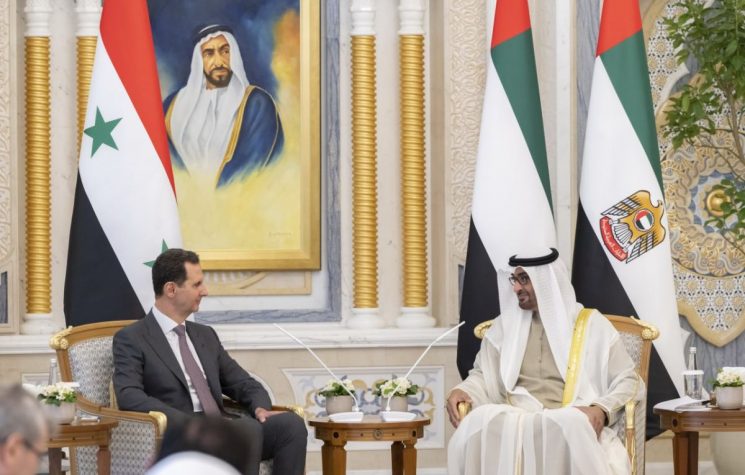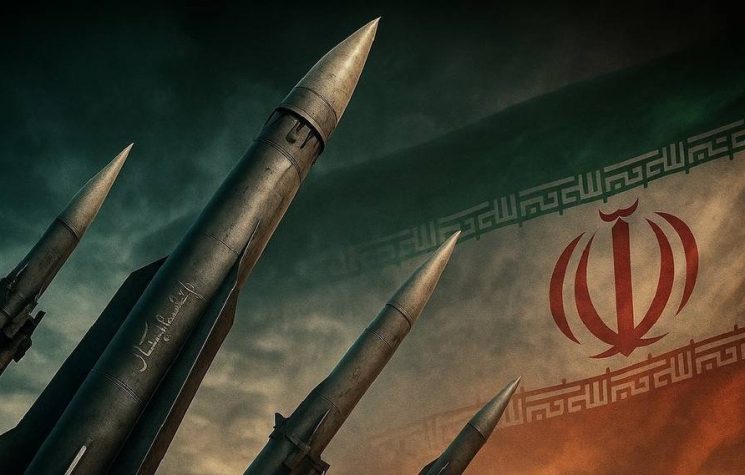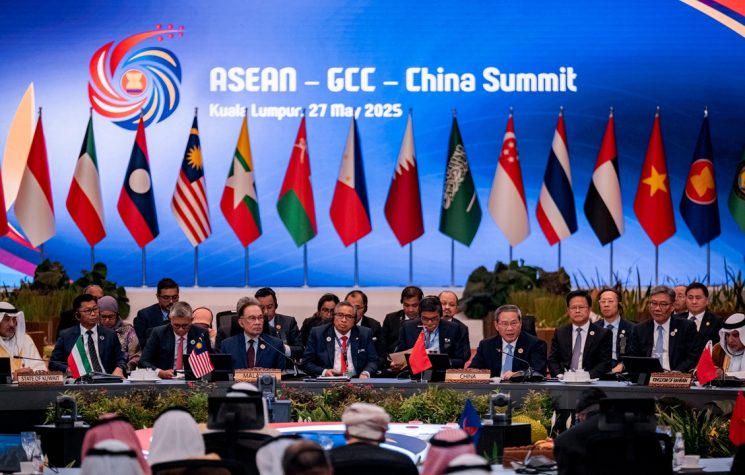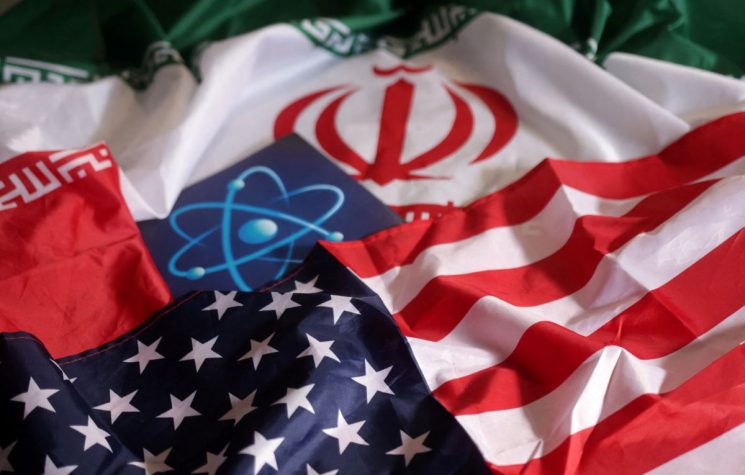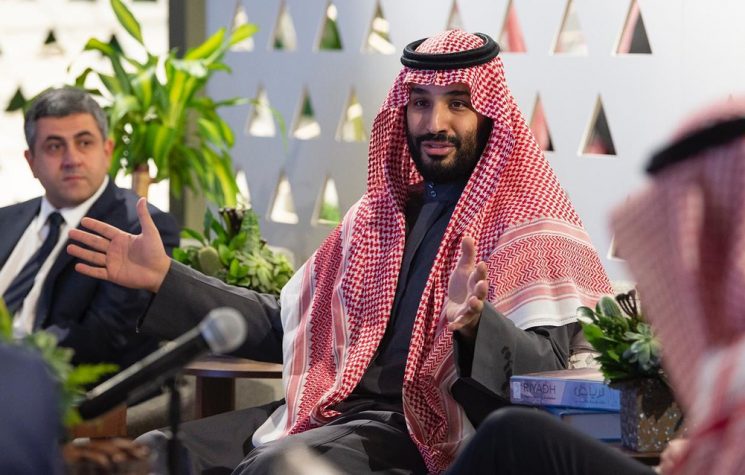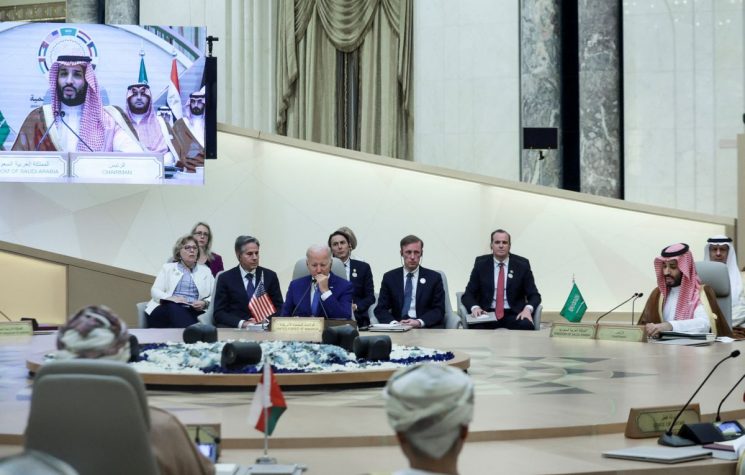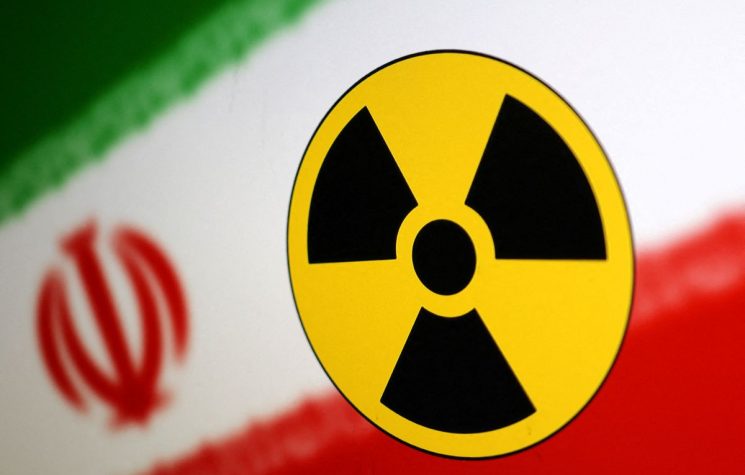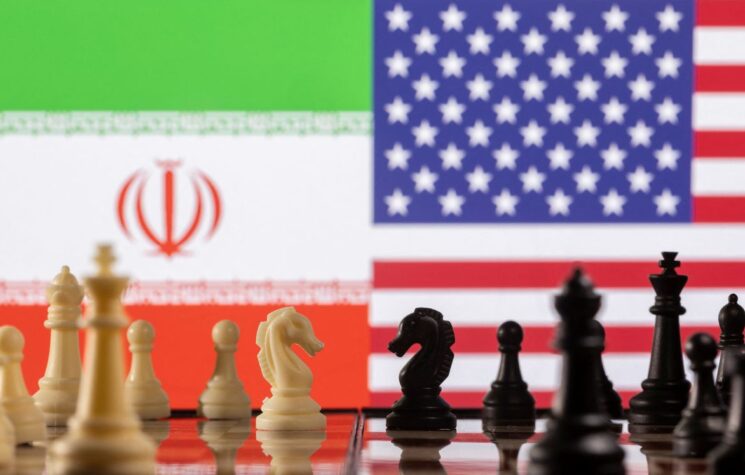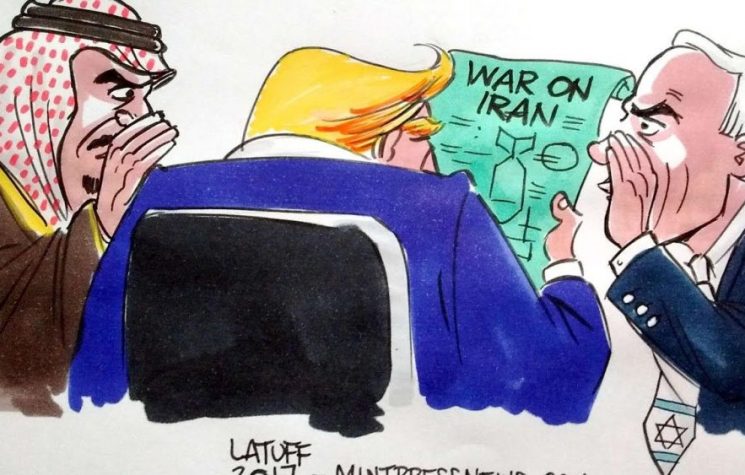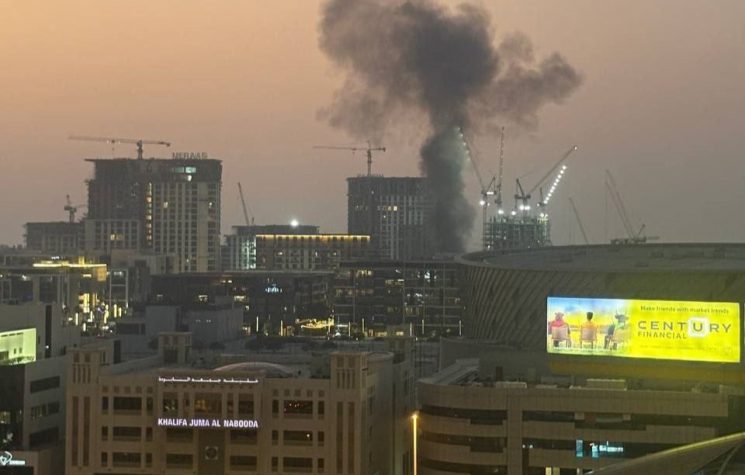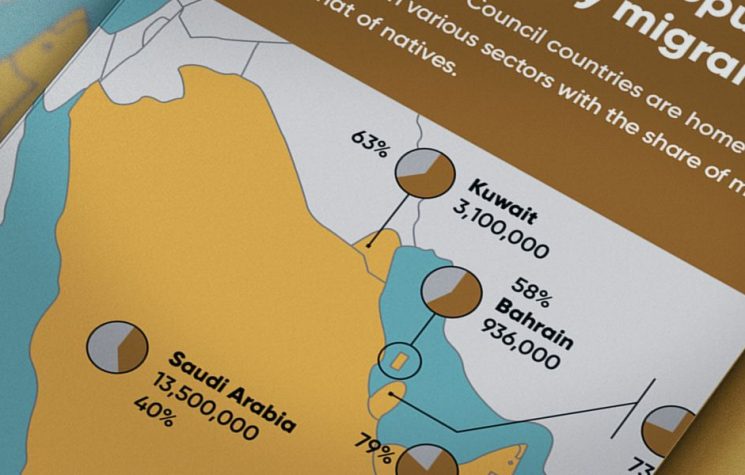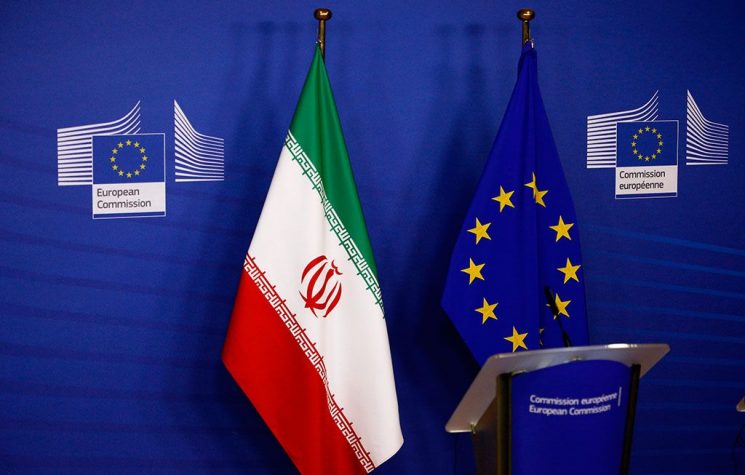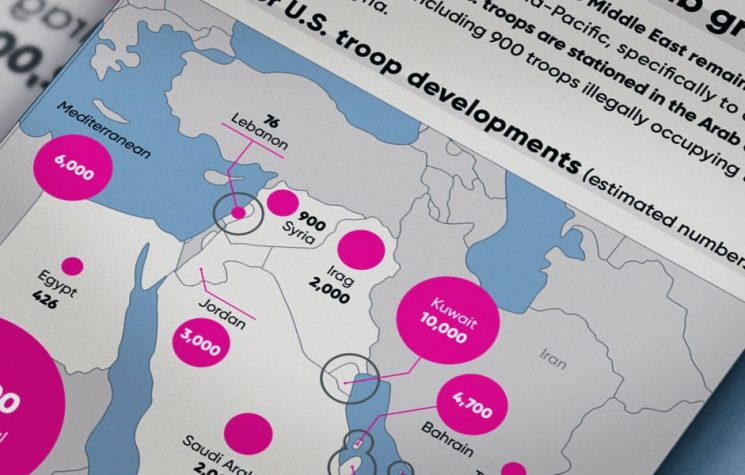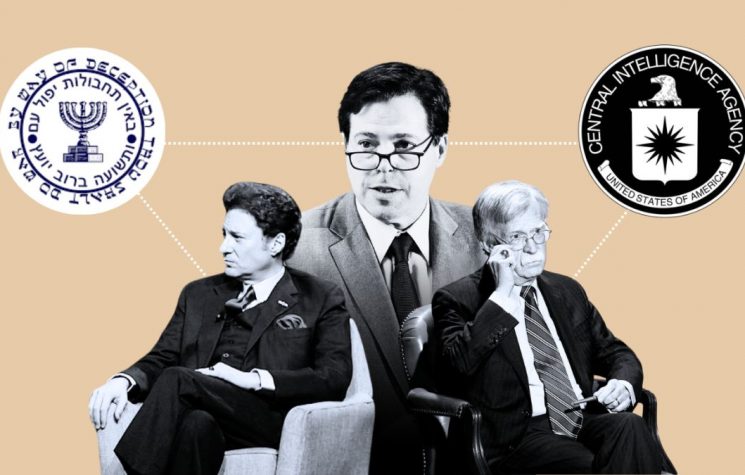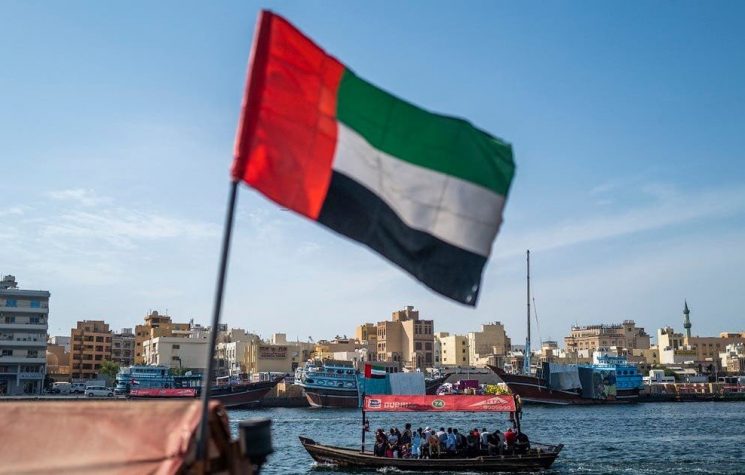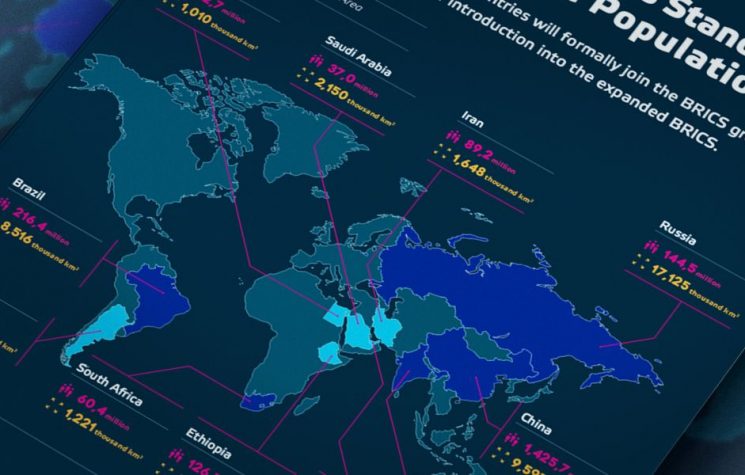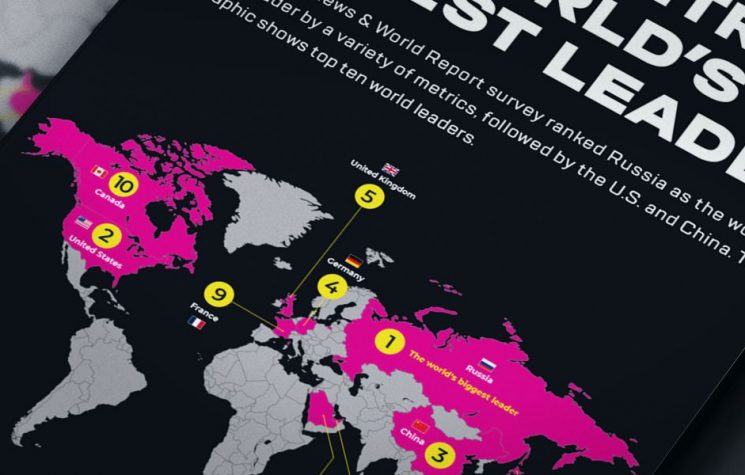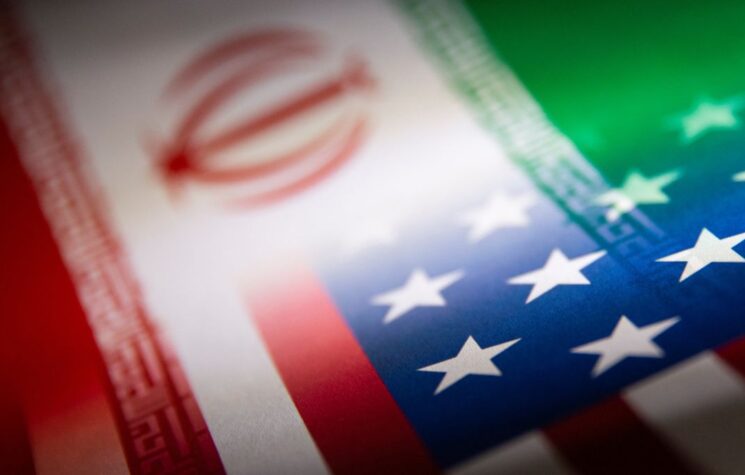The Gulf Arab states are now desperate to get the Iran deal back, fearing that Iran’s overtures are left unchecked and will only get worse.
Just how “special” is the so-called special relationship between oil-rich Gulf Arab states and Washington? One could argue, since Joe Biden became President, that relations have hit an all time low with many looking to broker better relations with Russia, China and even Iran. Royal elites in the GCC club know that in the event of a new Arab Spring sweeping across the region, that they cannot rely on Biden for any support whatsoever to cling onto power and so have taken an entirely new look at their foes and are asking themselves “are these people really our enemies?”
This partly explains why the shift in policy to welcoming Assad back into the fold, who will no doubt soon be a fully accepted member of the Arab League. And it also justifies why, since Biden took office, Saudi Arabia and the UAE are more open than ever before towards developing relations with Russia – even as far as, one day, defence procurement. In recent weeks, the lobbying in Washington from GCC states to convince Biden to cut Assad some slack is part of the trade-off, which no doubt the Syrian leader asked for. And to some extent this is happening.
The big thinking from Gulf Arab states is that the ethos behind the Trump move to pull out of the so-called Iran deal (JCPOA) which would have restricted Tehran’s abilities to develop nuclear weapons hasn’t achieved what it set out to do: bring Tehran to its knees begging for a respite to the crippling sanctions.
However, the cruel sanctions which Tehran has had to endure, has made the Gulf Arab leaders themselves beggars and Joe Biden in the awkward position of having to listen to their gripes. Just recently, the GCC made their case to Washington to do something about the Iran deal. And do it as soon as possible.
The Gulf Co-operation Council (GCC) on November 18th joined Jordan, Egypt, France, Germany and the UK in calling for a return to the nuclear deal following a meeting with U.S. Iran envoy Robert Malley in Saudi Arabia.
According to reports, the 12 countries issued a joint statement noting that “a return to mutual compliance with the [nuclear deal] would benefit the entire Middle East, allow for more regional partnerships and economic exchange, with long-lasting implications for growth and the well-being of all people there, including in Iran”.
Several GCC states expressed scepticism when the nuclear deal was first negotiated under former president Barack Obama, with Saudi Arabia calling it “flawed”.
Yet, analysts have to wonder now if the Saudis and Emiraties regret the bullish move by Trump and would have the old deal back. The “flaw” now appears that the West has underestimated how Iran’s more recent activities in the region – from hijacking oil tankers to even attacks on U.S. forces in Iraq – are paying off, combined with the foot-dragging which we’ve seen with the Vienna talks.
The GCC call for a return to the deal comes on the eve of indirect talks between the U.S. and Iran scheduled for November 29.
It also follows a similar joint statement that the U.S. and its GCC partners issued in Saudi Arabia which called for an “urgent mutual return to full compliance” with the nuclear deal, while condemning a “range of aggressive and dangerous Iranian policies, including the proliferation and direct use of advanced ballistic missiles” and drones.
So the message is clear for Biden. The Gulf Arab states are now desperate to get the Iran deal back, fearing that Iran’s overtures are left unchecked and will only get worse. They are asking, bluntly, for Biden to drop the Trump sanctions, fearing that a conflict is imminent, if we are to believe the chest-beating statements from Anthony Blinken, U.S. Secretary of State. The coming weeks now will put the relationship between the GCC and the Biden administration on tenterhooks if Biden doesn’t take the hint and take Obama’s notion of “soft diplomacy” to a new low.










